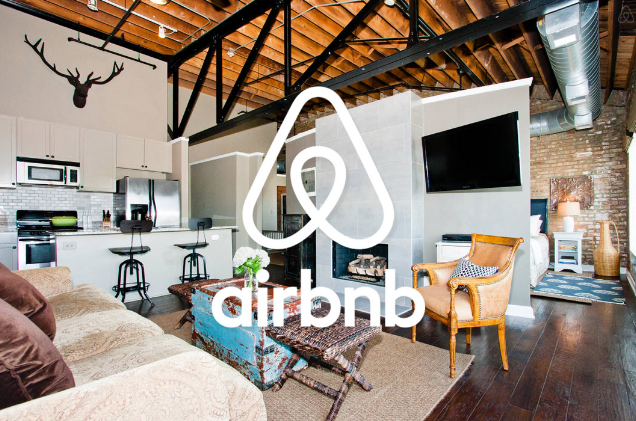Airbnb v. Real Estate

Airbnb impacted many popular areas of the world as tourists flood in. A report by the Department of Housing Preservation and Development did a study on Airbnb's impact in Manhattan, New York. The report said that Airbnb cost $616 million in additional rent. The average monthly rent increased by 21.6 percent as a result of Airbnb's presence. But how does this work? As homeowners participate in the Airbnb scene, they are reluctant to rent their houses for long-term stays. This drives the housing market up because there are fewer options for people to rent homes, making whats open for long-term rent more in demand. People turned to make a profit through tourism in Greece as well. Airbnb initially was able to help Greece as it provided jobs, generated income for property owners, and upgraded buildings. However, locals saw this as a growing issue because the country catered less towards locals and it made it difficult for them to find places to reside as many were opting to Airbnb their homes instead of renting out long-term. Greece's unemployment rate hovers around 40% for youth and lack of housing add another burden on their shoulders.
Obviously, Airbnb is different from Napster because it makes money while Napster didn't. But the principle of taking an industry by storm was proven through both websites.
Sources:
https://www.nytimes.com/2018/05/03/nyregion/airbnb-rent-manhattan-brooklyn.html
https://www.forbes.com/sites/panosmourdoukoutas/2019/03/02/greeks-begin-to-see-the-ugly-side-of-a%E2%80%8Ci%E2%80%8Cr%E2%80%8Cb%E2%80%8Cn%E2%80%8Cb%E2%80%8C/#1a367b856bb9
Image:
https://medium.com/stay-woke/i-read-about-this-phenomenon-of-black-people-being-rejected-on-airbnb-f36dd3ab0375

Interesting post! I agree with your comparison of Napster and Airbnb: they both disrupted their respective industries by introducing a temporary, cheaper fix for a long-established practice of buying CDs or houses. However, the major difference between Napster and Airbnb lies in the price. Napster's appeal was that consumers could download unlimited songs for free and because their product was free to use, the company had no profit model. Airbnb charges a fee from their users when they rent, making the company much more profitable than Napster. I thought it was interesting that you mentioned the impact of Airbnb on tourism, which I never considered as I always associated Airbnb with disrupting the real estate industry. I read that Airbnb is actually fighting mass tourism, as the dispersal of places to rent aren't concentrated in one area like most tourist hotels tend to be. It's actually reducing the overcrowding of hotels and tourist strips in countries like Greece. And the tourism it brings allows certain economically-challenged countries to earn more money and boost their economies. Overall, I think the benefits of a company like Airbnb outweigh its costs, and it's definitely convenient for us when we want to travel!
ReplyDeleteSources: https://press.airbnb.com/airbnb-helps-fight-mass-tourism-promotes-sustainable-travel/
https://www.hotelmanagement.net/operate/airbnb-launches-office-healthy-tourism-to-address-home-sharing-impact
I think the reason why Airbnb becomes a success is that it creates a model for housing that is more efficient and cheaper as of the previous models, such as living in hotels, on the market. In terms of ranting an apartment, airbnb, in my opinion, gives people a greater freedom in choosing what kind of housing they could choose from and it provides a greater flexibility in switching houses. For some people who often got bored at living in one place for a long time, airbnb provides them the opportunity to live in somewhere else and switch their living environments. For another example, for travelers, living in a local Airbnb is the best way to learn the local culture and interact with local people who are the owners. Furthermore, Airbnb resolves the problem of unused space and making the profits out of the unused space is a new business model that creates maximum revenue without any additional cost. In addition, the model that Airbnb operates on is legal which means that there is no legal restriction on it, whereas the Napster is a little bit out of the way.
ReplyDeleteWow, I'd never considered the potential harm that Air BnB would've caused locals. Normally, you think that tourism only helps the local economy. However, in this case, it seems like the tourists are interfering with the locals sphere by renting out actual houses, as opposed to a hotel. Locals are looking to rent out places on a long term basis, while Airbnb centers around short term renting. Obviously, renters will be able to charge more per night on a short term basis. However, over the course of time they could potentially make more money by renting out long term. I'm interested to see what renters are more likely to do as time goes on, and how that impacts Airbnb.
ReplyDelete